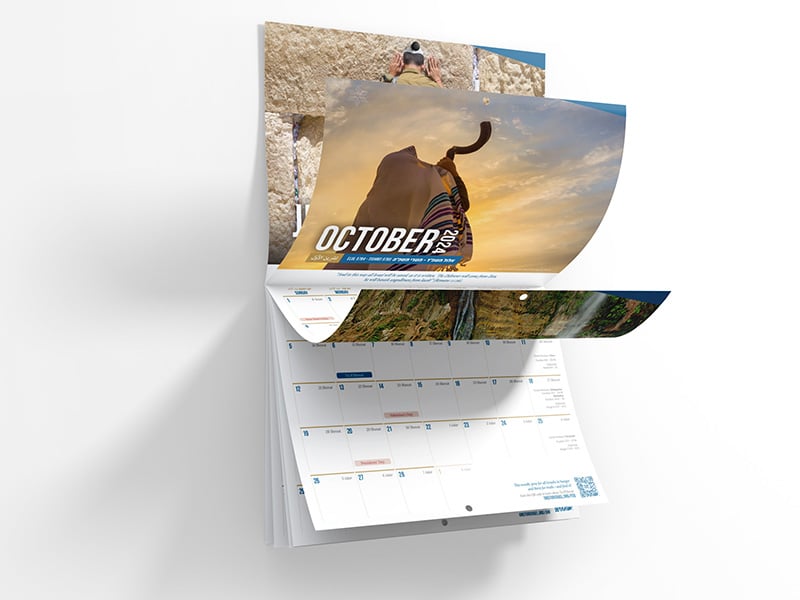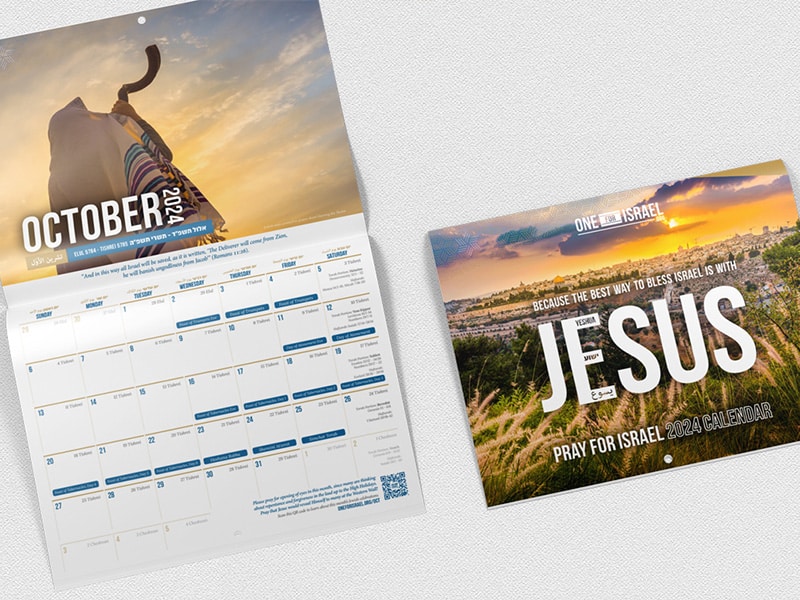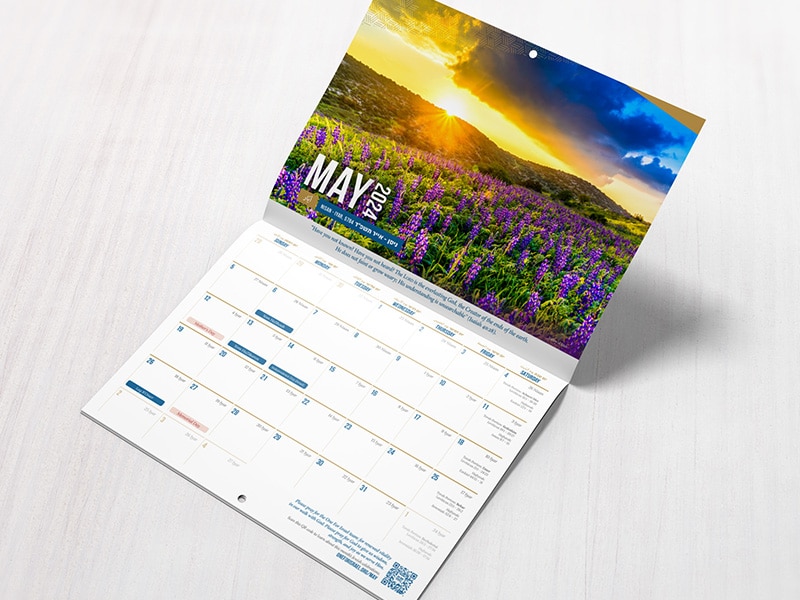Guest blog by David Herron
By looking at the covenants of the Bible we see God has a plan of redemption that works in time and space, history and geography. And it is not finished!
A typical believer might think it goes like this:
God chose Abraham and his descendents, there was the people of Israel, the land of Israel, the law, the prophets and poets which summarises the Old Testament, all culminating in Jesus – the cross, resurrection, ascension, the coming of the Holy Spirit and the birth of the Church. Now it is the role of the Church to evangelise and become more like Jesus in this darkening world. Then Jesus will come back.
Prevalent as it may be, the outline above is incomplete. It misses the vital component of the continuing place of the Jewish people in God’s redemptive strategy, their ongoing connection with the Land of Promise and the dynamic synergy with the nations. The key to addressing this issue lies in our understanding of the Biblical Covenants.
This view typically sees the Bible as a story of two covenants – the old covenant given to the people of Israel at Mount Sinai, and the other which replaced it; the New Covenant in the blood of Jesus.
But the problem is that there are actually five major covenants in the Bible, not just two.
Each covenant is a building block
Covenants are the building blocks of God’s purposes, and each one has a part to play in the unfolding of God’s redemptive plan. Understanding the framework that God chose to hang this story upon is critical to understanding God and his story. The framework he has chosen is Israel – four out of the five covenants are with the people of Israel, and the fifth was given within the people and land of Israel too. What many do not realise is that most of these covenants with Israel are still in action as God’s plan continues to unfold.
We will never understand the ongoing significance of the Jewish people and the Promised Land if we simplistically break the Bible down into two covenants.
In order to understand all these covenants it’s important to ask the following questions:
- Who is the covenant with?
- What is offered?
- Is it conditional, or unconditional?
- Temporary or permanent?
- What is its purpose?
When we answer these questions about the first four main covenants with Noah, Abraham, Moses, and David, we can much better understand God’s grand purposes and the new Messianic covenant.
Only the third covenant – the Mosaic covenant made with the people of Israel at Sinai – has been fulfilled and superseded by Jesus’ first coming. Hebrews chapter 8 explains it this way, quoting the prophecy from Jeremiah 31:
But now Yeshua has obtained a more excellent ministry, insofar as He is the mediator of a better covenant which has been enacted on better promises. For if that first one had been faultless, there would not have been discourse seeking a second. For finding fault with them, He says,
“Behold, days are coming, says Adonai, when I will inaugurate a new covenant with the house of Israel and with the house of Judah. It will not be like the covenant I made with their fathers on the day when I took them by the hand to lead them out of the land of Egypt. For they did not remain in My covenant, and I did not care for them, says Adonai. For this is the covenant that I will make with the house of Israel after those days, says Adonai. I will put My Torah into their mind, and upon their hearts I will write it. And I will be their God, and they shall be My people. And no more will they teach, each one his fellow citizen and each one his brother, saying, ‘Know Adonai,’ because all will know Me, from the least of them to the greatest. For I will be merciful toward their iniquities, and their sins I will remember no more.”
In saying “new,” He has treated the first as old; but what is being made old and aging is close to vanishing. (Hebrews 8:7-13)
Which is the “Old” Covenant?
When the writer of Hebrews talks about the “old” covenant, is he referring to the covenant that God made to Noah (Genesis 8:20 – 9:17)? God promised he would never flood the earth again, and produced a rainbow to seal the deal. Nope. That covenant is still in place – it will last for all generations.
“I will remember My covenant that is between Me and you and every living creature of all flesh. Never again will the waters become a flood to destroy all flesh.” (Genesis 9:15)
Could it have been the covenant that God made with David (2 Samuel 7:12-16)? God promised that there would be a descendant of the House of David on the throne, for all time. Well, we know that Jesus was from the House of David, that He is now at the right hand of the Father, and will again come to rule and reign in Jerusalem on the throne of David. This covenant is still standing today.
Don’t you know that Adonai, God of Israel, has given kingship over Israel to David forever—to him and his sons by a covenant of salt? (2 Chronicles 13:5)
Perhaps it was the covenant that God made with Abraham? God promised Abraham firstly that he would be the father of many, secondly that he would inherit the land of Israel, and thirdly that through him the whole world would be blessed. He made the very same three promises to Abraham’s son Isaac (Genesis 26:3-5), and then again to his grandson Jacob (Genesis 28:12-15) father of the twelve tribes of Israel, just to be sure. This covenant still stands according to Psalm 105:8-11
He remembers his covenant for ever, the word that he commanded, for a thousand generations, the covenant that he made with Abraham, his sworn promise to Isaac, which he confirmed to Jacob as a statute, to Israel as an everlasting covenant, saying, “To you I will give the land of Canaan as your portion for an inheritance.”
How about the Mosaic covenant? The covenant God made with Moses at Sinai had a specific purpose – it was to show us how far we fall short of the standards of God. According to Galatians 3:19, the Law is like a “schoolmaster” to help lead us to the Messiah by showing us our need for him, and our incapacity to live how God wants us to. It shows us how we need the law to be written on our hearts, and we need forgiveness and supernatural power to live a life that pleases him.
This law was a temporary and conditional covenant, and the New Covenant does not erase it, but fulfills it. Jesus completed the law for us, because we could not.
So which covenant has been replaced by the coming of the Messiah? Only one. The Mosaic covenant.
The coming of the New Covenant radically changed how we understand the Mosaic covenant today, but it did not change God’s promises to Noah, Abraham or David.
The crucial question now is, are God’s purposes in the Abrahamic Covenant (creating the people of Israel, placing them in the land of Israel, and making them a blessing to the whole earth) supposed to continue on for some reason?
The ongoing Abrahamic covenant
When we look at the promises that God makes not only to Abraham, but that he reiterates to Isaac and also to Jacob, we can see that there is no sense in which the promise to inherit the land has a time limit. Quite the opposite. But why was it important to give them that land?
We start to see that there are things foretold in the Bible concerning places and events that have simply not happened yet, but they will come to pass – not only in a spiritual sense, but also in a real, geographical and historical sense. He used a real nation and a real land to bring us our very real Messiah in a specific location and time in history. In the same way, his purposes are continually being unfolded and fulfilled, just as he promised.
Whole areas of scripture are transformed and come alive once we recognise that the Abrahamic covenant has not been terminated by Messiah’s coming. This particularly applies to huge amounts of prophecy about God’s dealings with the Jewish people through exile for disobedience and then restoration and blessing. God means what he says.
When we see the Bible in this manner – reading it as if it really means what it says – we see familiar passages in an amazing new light. The twentieth century saw the fulfilment of several promises prophesied in scripture – the regathering of Israel, the revival of the Hebrew language, restoration of the shekel as currency, the speeding up of global travel and an explosion of knowledge to name just a few. There is much yet to come, but are we ready for it? Do we know what the prophets have said? Or did you think that the Old Testament was not important any longer?
Photo by Marcos Mayer on Unsplash














